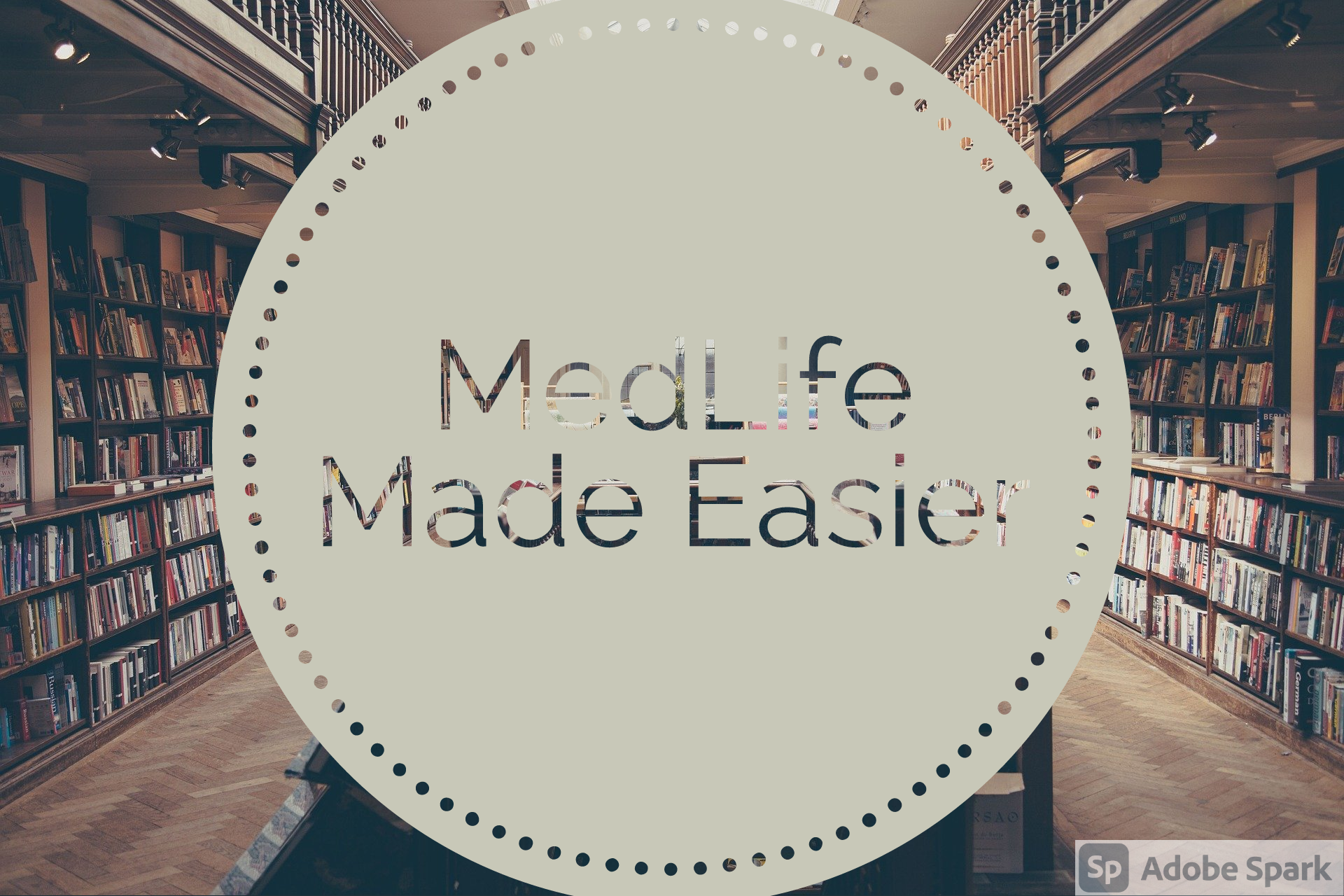Musings of a Med Student: The Return
- MedLife Admin

- May 30, 2018
- 3 min read

So, here is the fabled return of a segment that made it's early appearances in our Newsletters.
Let us know if you'd like it to stay. But, before I begin, here's a bit of humour to free up your minds:
Q. What did the cell say to his sister that stepped on his toe?
A. Ow Mitosis!
Ok, that aside, let's delve in. Let the musings begin:
[This was extracted from an Abstract about the Minimal Medical Knowledge expected in a sample population, about certain important conditions. Read the excerpt and see]
Experts defined a "minimum medical knowledge" (MMK) that people need for understanding typical signs and/or risk factors of four relevant clinical conditions: myocardial infarction, stroke, chronic obstructive pulmonary disease and HIV/AIDS..
Conclusion: This sample (of Swiss citizens) did not know more than a third of the MMK. We found little difference within groups with medical experience (personal or professional), suggesting that there is a consistent and dramatic lack of knowledge in the general public about the typical signs and risk factors of relevant clinical conditions..
Medicine is as much an art as it is a science. The need for keen observations, accurate interpretation and decisive management are all methodical, quantitative as processes. But the nuance of it, the inherent variation and intrinsic instinct of extracting pertinent information and eliciting clinical signs are qualitative and subjective, then contributing to the objective procedure they are essential parts of.
All of this to say that we use the term practicing medicine not just because of the connotations of the noble art, but more literally to mean that it is very much an act of practice, repeated to 'perfection': supposedly the culminate same, yet so uniquely different.
And therein lies the challenge, the assertion that I will be better, I will solve this problem, I will get to the bottom of it, and ensuring that at the end of the day, we really do make a difference. No matter how tangible or not, how minimal or not, that people leave our care better than when they came in, and that their life span and the quality of that span would not be the worse for wear.
Because ultimately that is as much as we can do. And we always do, because such is our duty: an unspoken yet universally understood 'contract' with the populace that we are obliged to render medical care to them as required, and that said care will be of the highest possible standard in a professional manner befitting the profession itself.
Question to you then: Does this duty extend to actually educating (to an extent) the lay-people of necessary medical information? Potentially life-saving medical information?
I posit to you that this falls under Advocacy. An Altruistic component of medicine which compels us to seek the best for our patients. It also overlaps with Autonomy, a tenet that patients must make their own decisions, and should be directly involved in their medical care. That relationship and the commensurate management can only be improved by making the stakeholder (i.e the patient) more informed.
Below: Obscure Medical Knowledge and our Conclusion.

Obscure Medical Knowledge of the day: [Impress your friends]
Fibrodysplasia ossificans progressiva (FOP) is a progressive genetic disorder that turns soft tissues into bone over time. The ACVR1 gene found in bone, muscles, tendons, and ligaments regulates growth and development of those tissues, and is normally responsible for turning cartilage into bone as children develop. However, mutations of this gene can allow ossification to go unchecked throughout a sufferer's life, even turning skeletal muscle into bone and causing joints to fuse together. This disorder occurs in about 1 in 2 million people, and there are currently no treatments or cures. Trauma exacerbates the condition, so attempts to remove bone surgically just results in the body producing even more bone in the area.
So, to conclude, Medicine is holistic. More things that can be fully comprehended. At its heart is knowing what to do, doing it well, and being kind. These small interactions are what makes medicine truly great: knowing that you played your part in changing someone's life for the better.
Your thoughts?






Comments